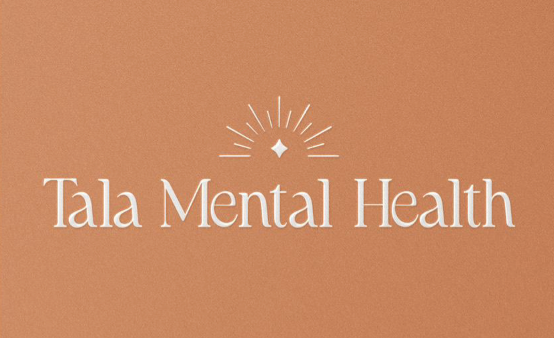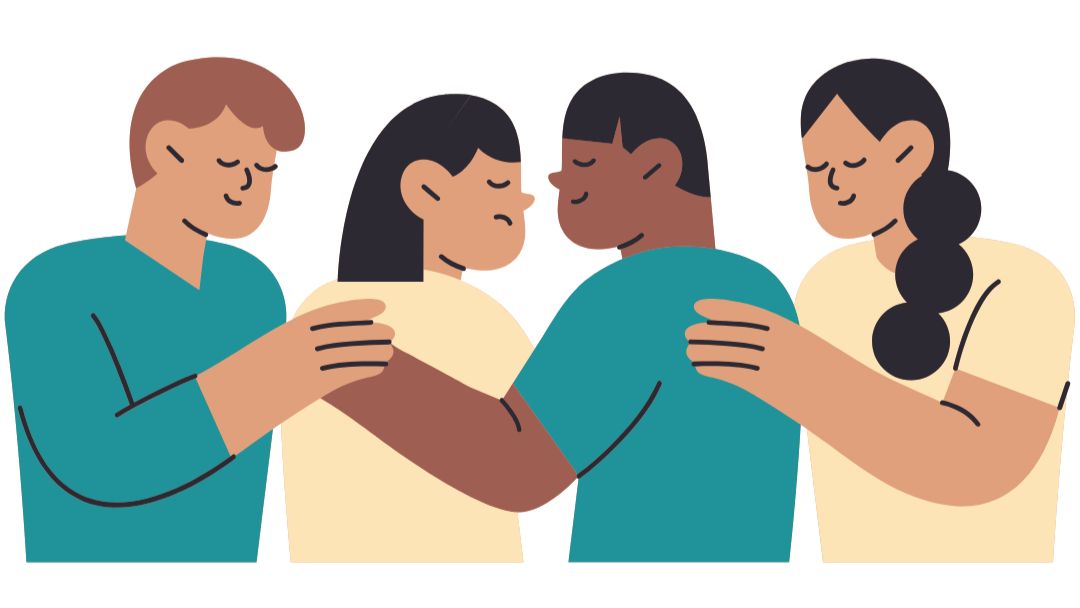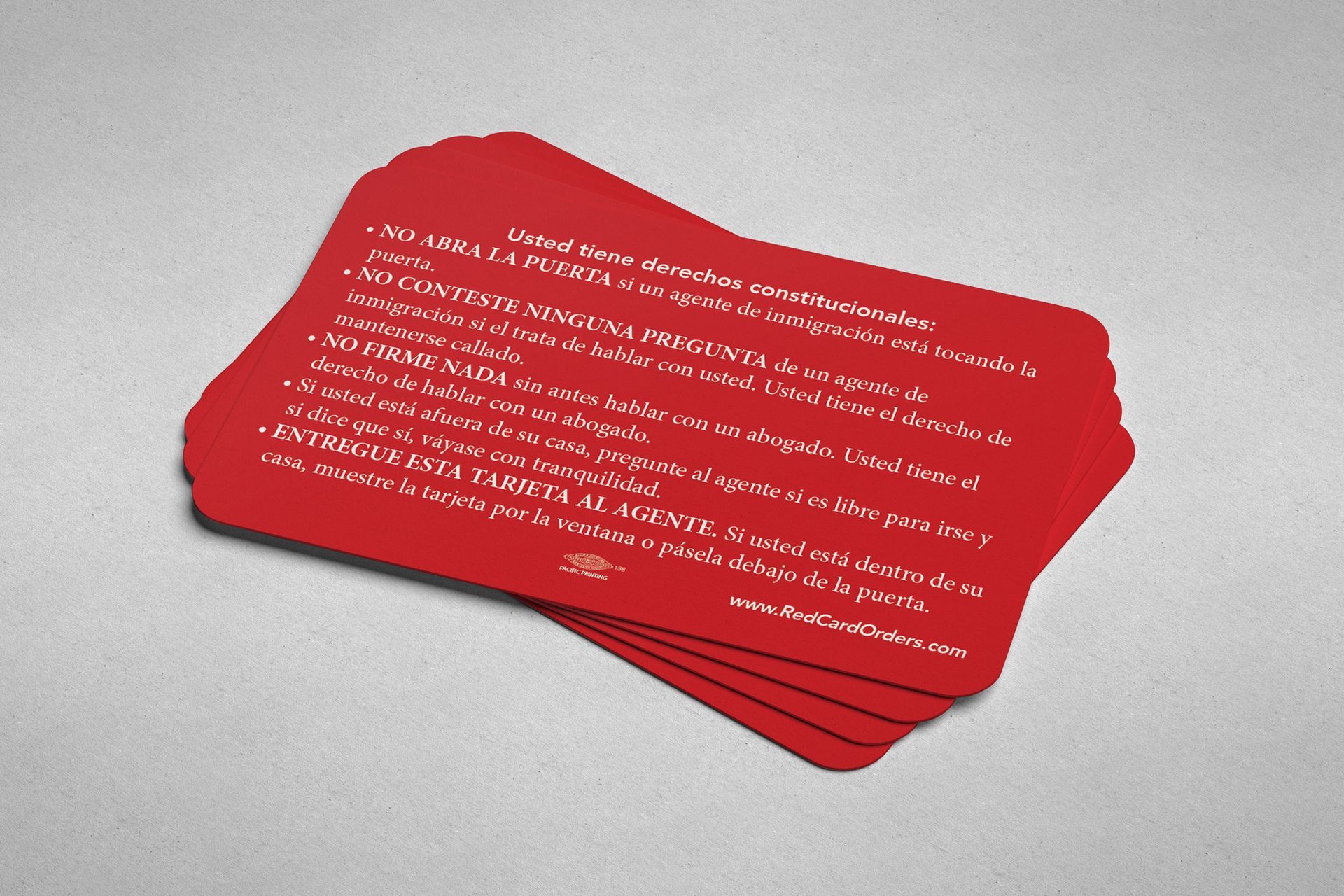Boundaries
“Boundaries” – We have likely heard or said this word in conversation. It’s often used to describe an ask or need.
In this age of technology, words are shared more often and quicker than ever. Overtime, we can become desensitised to the language. You might notice that using the word “boundaries” with your partner, friends, or family members can generate confusing feelings and interpretations. You might’ve received someone’s “boundaries” and interpreted it as an attempt to disconnect or an ultimatum. Or perhaps you expressed your own “boundaries'' and received reactions similarly.
What are my boundaries and
why are they important?
Boundaries create clear limitations around our physical or emotional engagements with others so that we:
- Take responsibility for ourselves (before others)
- Create a strong sense of self (outside of others)
- Identify and communicate our preferences
Communicating boundaries must be clear to avoid any guesswork or misinterpretation. When you set boundaries, you set expectations for the interaction. After you identify the “What” and “Why” of your boundaries, it's often helpful to examine the “When” and be consistent.
When do I implement my boundaries?
If setting boundaries
beforehand
would be beneficial, start off with a “disclaimer” or brief reminder of your expectations.
Example: “If we are going to revisit that conversation, I will not tolerate name-calling.”
If you’re having to
re-establish boundaries, repeat your limitations and allow for questions or clarifications.
Example: “Again, I will not engage in conversations around that topic. How can I help you better understand what I mean? Can I clarify any part that might be unclear?”
We can’t expect that we and other(s) will comply with boundaries immediately. This is a gentle reminder to allow yourself to practice, hold onto your “Why” and stay consistent.
Written by: Elaine Raif, ASW#111237



COMPANY
SERVICES
CONTACT
All Rights Reserved | Rose Junie Therapy
Designed by Vantix Digital
